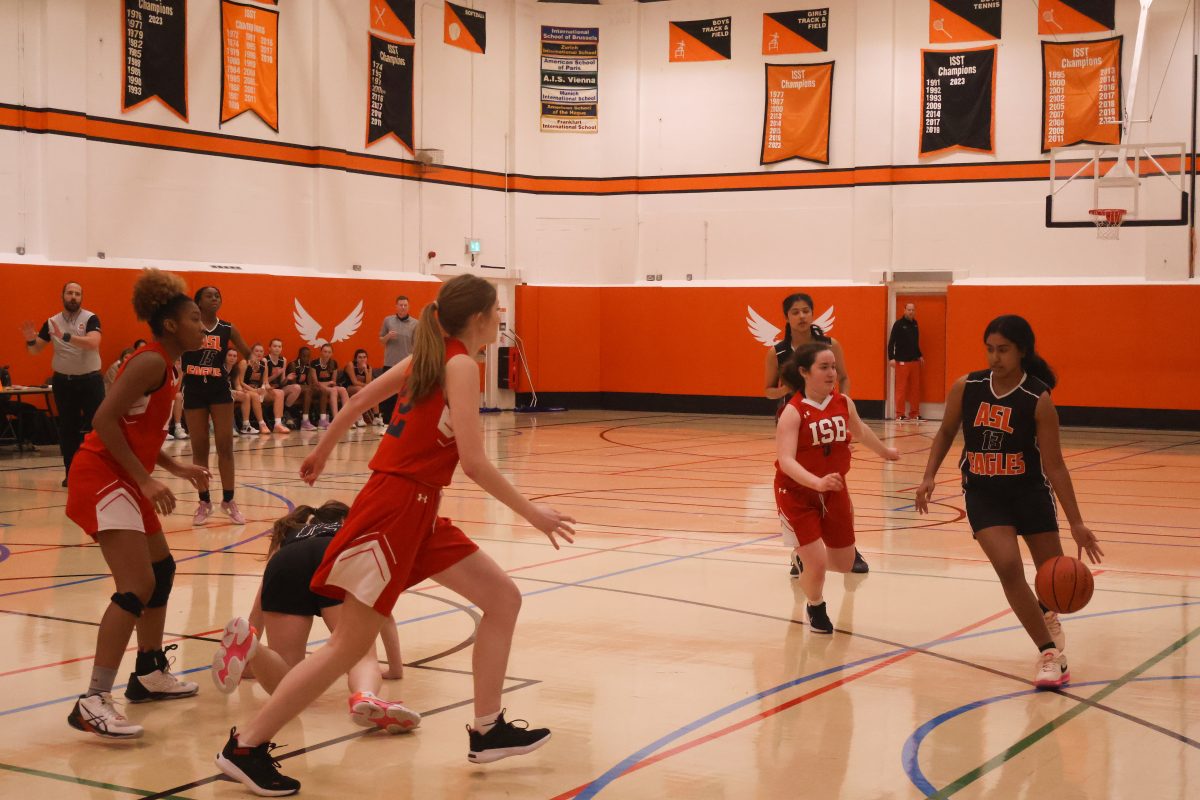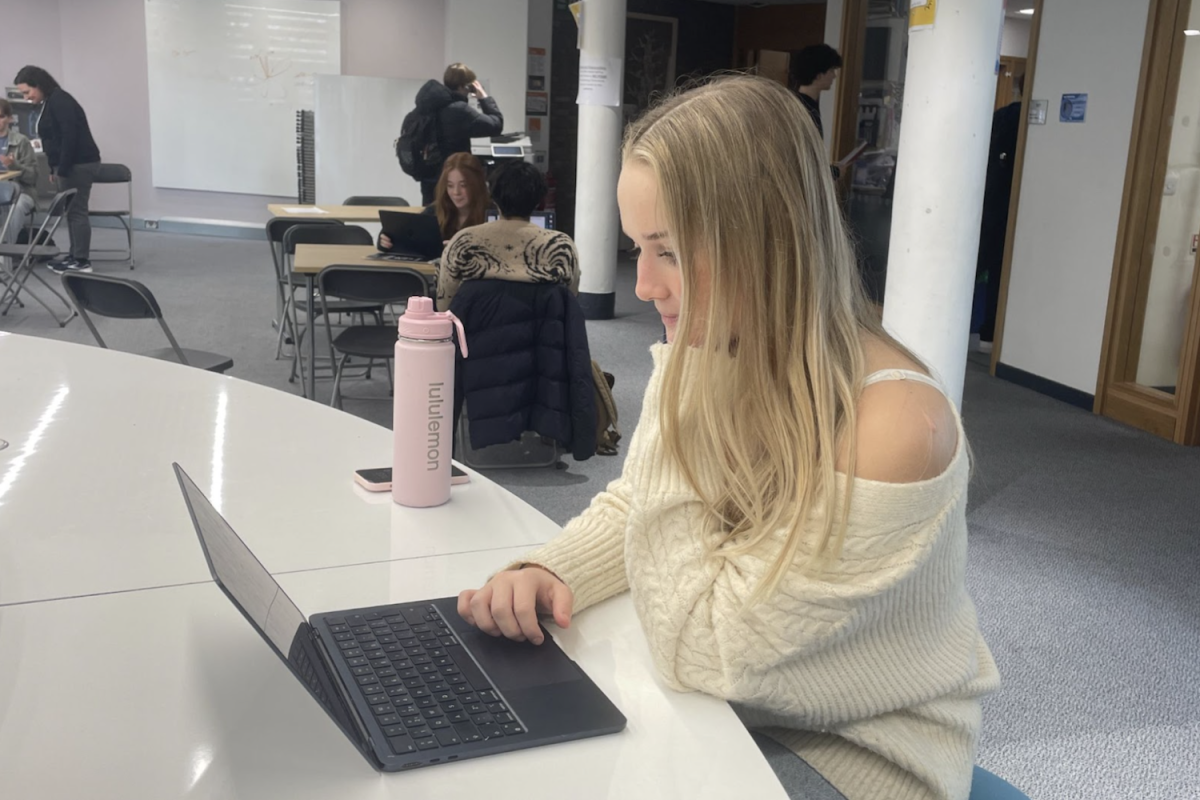On April 25, the largest earthquake to hit Nepal since 1934 struck the small village of Barpak. The earthquake, measuring 7.8 on the Richter scale, killed 8,000 people and injured more than 19,000. Entire villages were flattened as the quake wreaked havoc and destruction upon Nepal. Buildings, some centuries old, were destroyed at UNESCO World Heritage Sites. The quake also triggered an avalanche on Mount Everest – killing at least 19, making it the deadliest day on the mountain in history. Continued aftershocks occurred in Nepal at 20 minute intervals for several weeks.
Rescue efforts to alleviate the destruction which had reached certain parts of China and India had barely begun when a second earthquake, measuring 7.3 on the Richter scale, occurred in Nepal on May 12. The second quake struck further east than the original, with at least 117 people killed and more than 2,500 injured.
When Aidan Gazidis (’17) and George Pomar (’17) first found out what had happened, they were compelled to act. “When I heard about the tragedy in Nepal, I was devastated,” Gazidis said. “I wanted to help out as much as possible.”
This is what prompted the two of them and a few other High School students including Oliver Wilson (’17), Kiran Rajguru (’17), and Tara Advaney (’15) to form a campaign to raise money and awareness for Nepal. After several students and faculty members had individually spoken to Director of Service Learning Brandon Block, they united as a group to raise funds.
As well as being distrubed by the sheer number of casualities, Advaney also felt a personal connection to the disaster in Nepal. “I really enjoy climbing mountains, and so I was really affected by the videos of the avalanches on Everest,” she said. Advaney, who plans to climb Everest in the near-future, was also affected by the reports that the main passage for climbers had been completely destroyed.
Together, Block and the other students devised the “bring a pound” event that would apply to the entire school. Students stood at popular places within the school with buckets, giving red heart stickers to anyone who donated.
Advaney felt the initiative was successful as students felt a sense of obligation with their donation. “As an international community we have a responsibility to help, so it’s only a matter of who’s going to take the initiative to start,” she said. “Because it was just £1 pound you weren’t doing it for yourself, you were doing it as a responsibility.”
Mohammad Adnan (’15), who was one of the students that helped collect money, believes it is vital for ASL to help countries that experience natural disasters.
“In Pakistan there was an earthquake in 2005 and I was in the country when it happened,” he said. “I know what it’s like to be in an environment where there has been so much destruction and disaster, and so I think it’s really important to help the effort.”
Many donated more than £1, and by the end of the week the group had managed to raise over £2,500. ASL will be donating this money, as well as an additional £500 and half of the money raised during South Asia night, to Nepal through the organization Disasters Emergency Committee (DEC). DEC is an umbrella organization made up of different charities that are the primary aid agencies in the U.K. During times of crisis, the DEC brings 13 leading U.K. aid charities together to raise money faster. By promoting themselves as one charity, they don’t waste money competing on advertising, and can instead channel all the money directly to the site of disaster.
At first, Block and the group of students brainstormed the different methods they could use to help the redevelopment effort in Nepal. Block had a Middle School Service Learning class do research on what type of help is the most effective for areas that have been damaged by a natural disaster, and the result was funds.
Block explains that, while other ideas such as shoe drives or clothing drives feel more involved and hands on, research has shown that these other approaches do more good for the people donating than the people out in the field. “It takes a lot of money to send clothes, and the aid agencies out there know what they’re doing so if we can help them then we have the biggest impact,” he said.
After coordinating the “bring a pound” day, Block received an email from a charity worker in Nepal, who was able to give a firsthand account on the devastation and explained how helpful the donations have been. “Many people [are] sleeping outside tonight as [they] are too afraid to return to their homes – they need shelter immediately,” she said. “I’m here and I know the donations will make a difference. Thank you and please keep the people of Nepal in your thoughts.”







